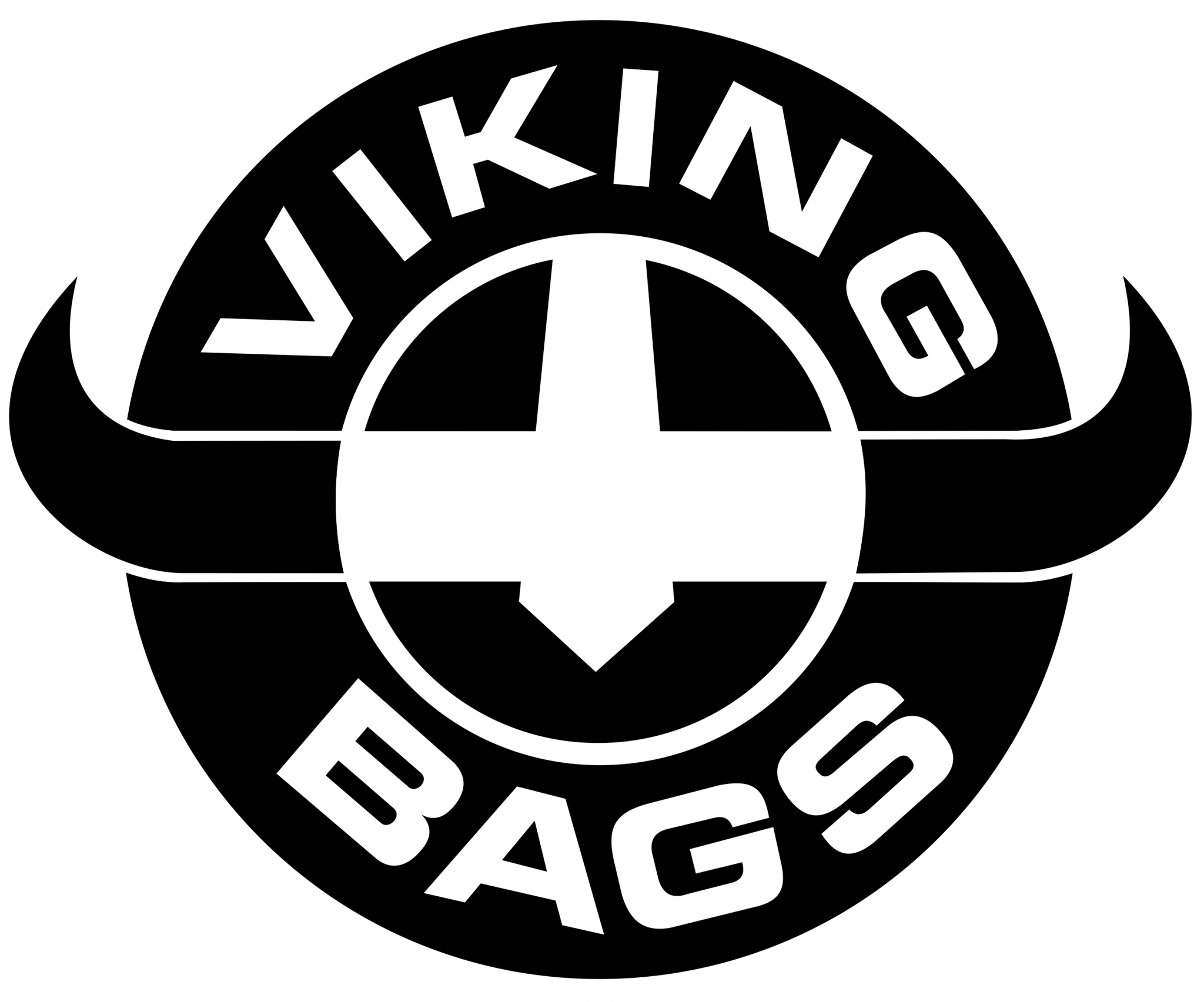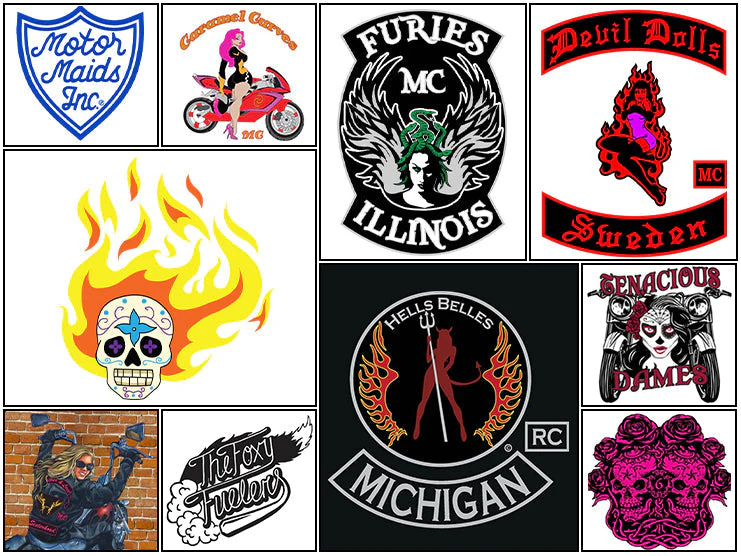Table of Content
Riding a motorcycle requires skills and practice. A rider must know how a motorcycle works and practice safer riding habits. For a safer riding experience, knowing how to ride a motorcycle is not enough. A rider must also know how to read the road like a pro. Motorcycle riding includes riding through traffic, going on a motorcycle tour, cruising on highways, and going off-roading.
When going on a motorcycle tour, a rider must possess expert cornering skills when navigating curves and tight corners. However, there are instances when the rider cannot see what is around the corner. If the corner is too tight, the rider will not be able to see past a point known as the limit point. Continue reading this article to learn how to read the road like a pro motorcycle rider.
1. Focus on the Road

To ensure you ride safely, make sure to focus on the road ahead. Do not get distracted and sit upright as much as you can without hurting your back to ensure you get a clear view of the road ahead. By staying alert, you will be able to spot and avoid hazards early.
2. Read the Road Signs

Road signs along the sides of the road give early warnings of the conditions of the road and what is coming up ahead. Make sure to read and follow the instructions on the signs. It is essential to know what each road sign means at a quick glance. The most common road signs include:
- Road construction ahead
- Sharp turn ahead
- Speed limit signs
3. Follow the Vehicle Riding in Front of You
Your view of the road ahead will be restricted if there is a vehicle in front of you. In such a situation, observe the vehicle in front and follow it. Travel lower than the vehicle ahead and maintain a safe distance between you and the other vehicle.
Also Read: TIPS FOR SAFELY OVERTAKING ON THE ROAD
4. Ride Slowly
Riding your motorcycle at lower speeds gives you more time to scan the road. You can look for any road hazards and have more time to avoid obstacles.
5. How to Read the Curve Like a Pro Motorcycle Rider
Reading a curve is difficult as you usually cannot see the end of the curve. Turning a corner is challenging as it requires you to lean, balance, shift gears, and decelerate.
Depending on the limit point, a rider should decide whether to accelerate, ride at a consistent speed, or decelerate. There are mainly three types of curves depending on the limit point:
5.1 Limit Point Getting Closer
If the limit point is getting closer, you should slow down and apply brakes.
5.2 Limit Point Staying at the Same Distance
If the limit point remains at the same distance, you should ride at a constant speed.
5.3 Limit Point Still Far
If the limit point is still far from you, you can accelerate.
5.4 NOTE
On tight corners with decreasing radii, make sure to ride slowly in case another vehicle is also turning the corner from the opposite direction.
Also Read: HOW TO IMPROVE CORNERING ON YOUR MOTORCYCLE
6. Final Words
While riding a motorcycle, safety comes first. Wearing appropriate riding gear, taking motorcycle safety riding classes, and completing training sessions to ensure riders’ safety. However, one of the most important skills riders need to learn is how to read the road. If you love motorcycle touring, there are moments when a rider has to turn tight corners and curves with decreasing radii. By following the practices mentioned above, you can learn how to read the road like a pro and ensure a safer riding experience.
There are several aftermarket parts available at Viking Bags that can make your touring experience more comfortable, safer, and fun. These aftermarket parts include handlebars, seats, sissy bars, backrests, crash bars, and fairings. You can also improve your motorcycle’s storage capacity by installing saddlebags, backpacks, and handlebar bags.













Leave a comment
All comments are moderated before being published.
This site is protected by hCaptcha and the hCaptcha Privacy Policy and Terms of Service apply.